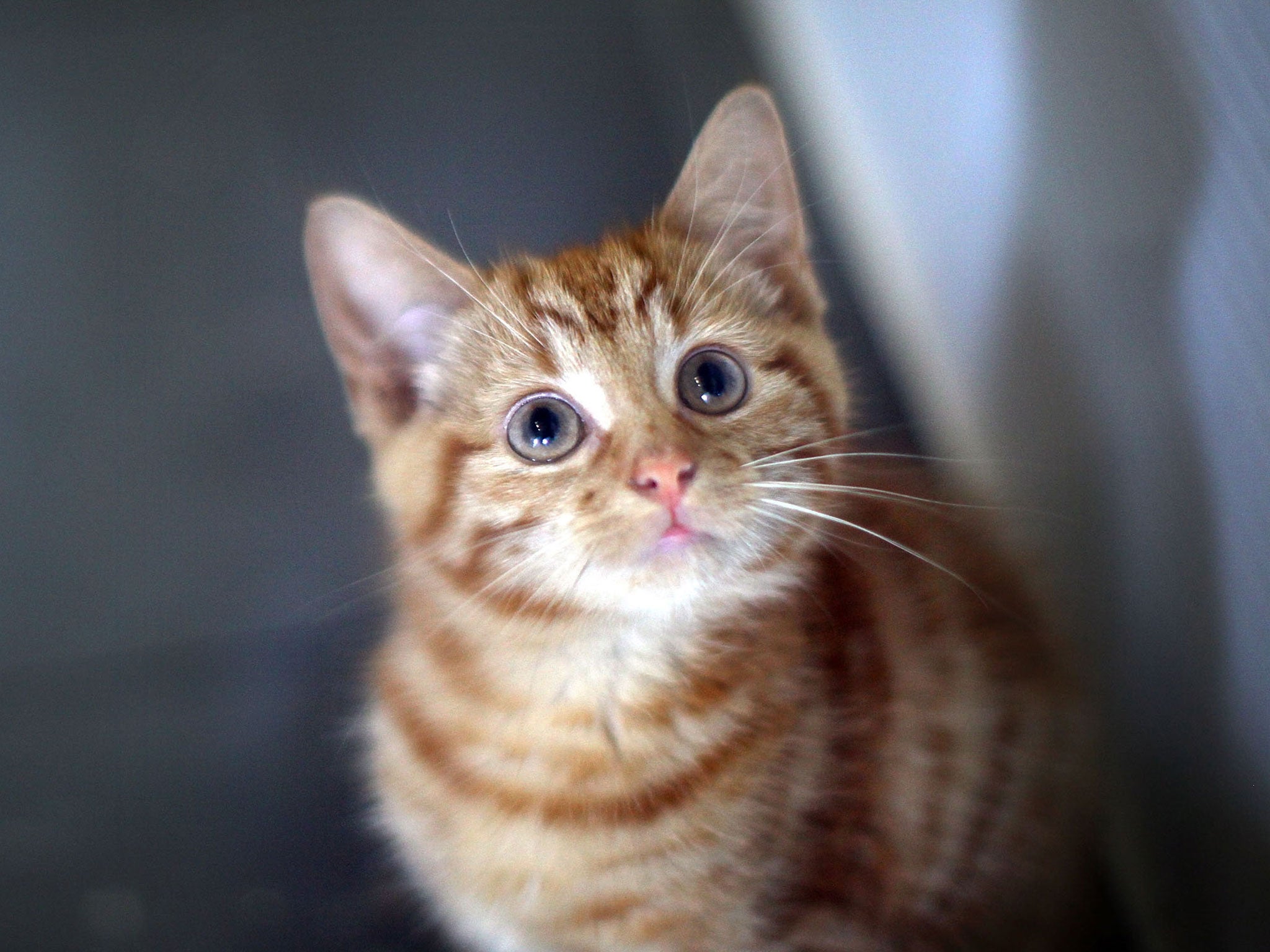Kittens can eat adult cat food, but they shouldn’t overindulge. It is important to establish separate feeding schedules and teach them to respect their siblings’ food to ensure they are disciplined and well-mannered.
However, it is advisable to feed kittens kitten food until they are more mature and gradually transition them to adult food.
Understanding The Nutritional Needs Of Kittens
Kittens have different nutritional requirements than adult cats, so it’s important to provide them with a balanced diet. Their growing bodies need key nutrients to support healthy growth and development. While adult cat food is not dangerous for kittens, they shouldn’t consume it in excessive amounts.
If you have multiple cats, it’s crucial to establish separate feeding schedules and teach them to respect each other’s food. It is generally not advisable to feed kittens adult cat food until they are more mature, and even then, a gradual transition is recommended.
If a food label states that it is formulated for “all life stages,” it means that it is safe for both kittens and adult cats to eat.
The Dangers Of Feeding Adult Cat Food To Kittens
Feeding adult cat food to kittens can pose potential risks and complications. Kittens have specific nutritional requirements that may not be met by adult cat food. This can have an impact on their overall health and wellness. Adult cat food may lack essential nutrients necessary for proper growth and development in kittens.
It is important to ensure that kittens receive the necessary vitamins, minerals, and proteins through a balanced diet tailored to their needs. Feeding them adult cat food exclusively may lead to deficiencies and health issues. Therefore, it is recommended to provide kittens with specialized kitten food until they are more mature.
Gradually transitioning them to adult cat food can help ensure a smooth and healthy nutritional transition.
Transitioning From Kitten Food To Adult Cat Food
Transitioning from kitten food to adult cat food is an important step in your kitten’s development. The appropriate age to start transitioning kittens to adult cat food is when they are around one year old. This step-by-step guide will help you ensure a successful transition.
First, gradually introduce small amounts of adult cat food mixed with their regular kitten food. Increase the proportion of adult cat food over time. Monitor your kitten’s adjustment and health during the transition process. Watch for any signs of digestive issues or discomfort.
It’s important to remember that kittens have different nutritional needs than adult cats, so they need a kitten food to support their growth. However, if the food label says it’s formulated for “all life stages,” it means it’s safe for both kittens and adult cats to eat.
By following these guidelines and keeping a close eye on your kitten’s well-being, you can ensure a smooth transition to adult cat food.
Tips For Ensuring Your Kittens Stay On A Proper Diet
Can kittens eat adult cat food? Adult cat food is not dangerous for kittens, but they shouldn’t eat as much as they want. It is important to establish separate feeding schedules for kittens and adult cats to ensure that each cat gets the appropriate amount of food.
This will also help prevent kittens from overeating adult cat food. Teaching cats to respect their siblings’ food is essential in maintaining discipline and good manners during meal times. By following these strategies, you can ensure that your kittens stay on a proper diet and receive the necessary nutrition for their growth and development.
Remember, it is always best to consult with your veterinarian for specific dietary recommendations for your kittens.

Credit: www.independent.co.uk
Conclusion
Overall, it is not dangerous for kittens to eat adult cat food, but it is important to monitor their intake. Adult cat food may not provide all the necessary nutrients that kittens need for proper growth and development. It is recommended to feed kittens a specially formulated kitten food until they are more mature.
If you do decide to feed them adult cat food, make sure it contains all the essential nutrients required for a healthy feline diet. Additionally, if you have multiple cats, it is crucial to establish separate feeding schedules to prevent any food-related conflicts or overeating.
Teaching your cats to respect each other’s food and maintaining discipline will help ensure their well-being. Remember to consult with your veterinarian for personalized advice on the best diet for your kitten.
